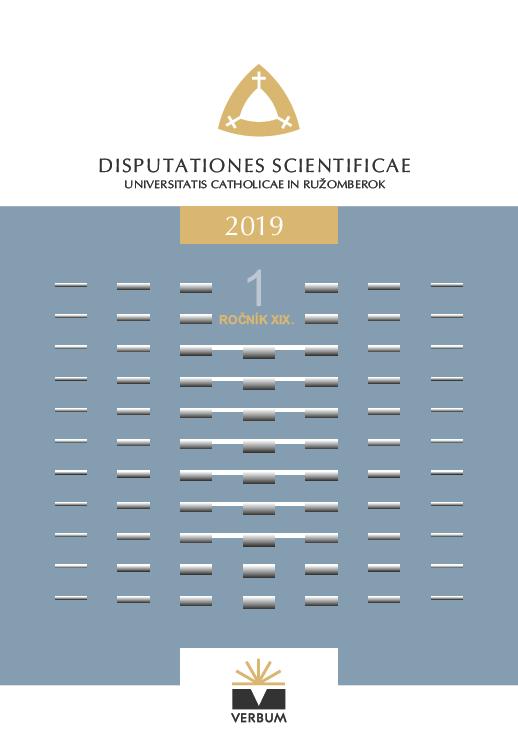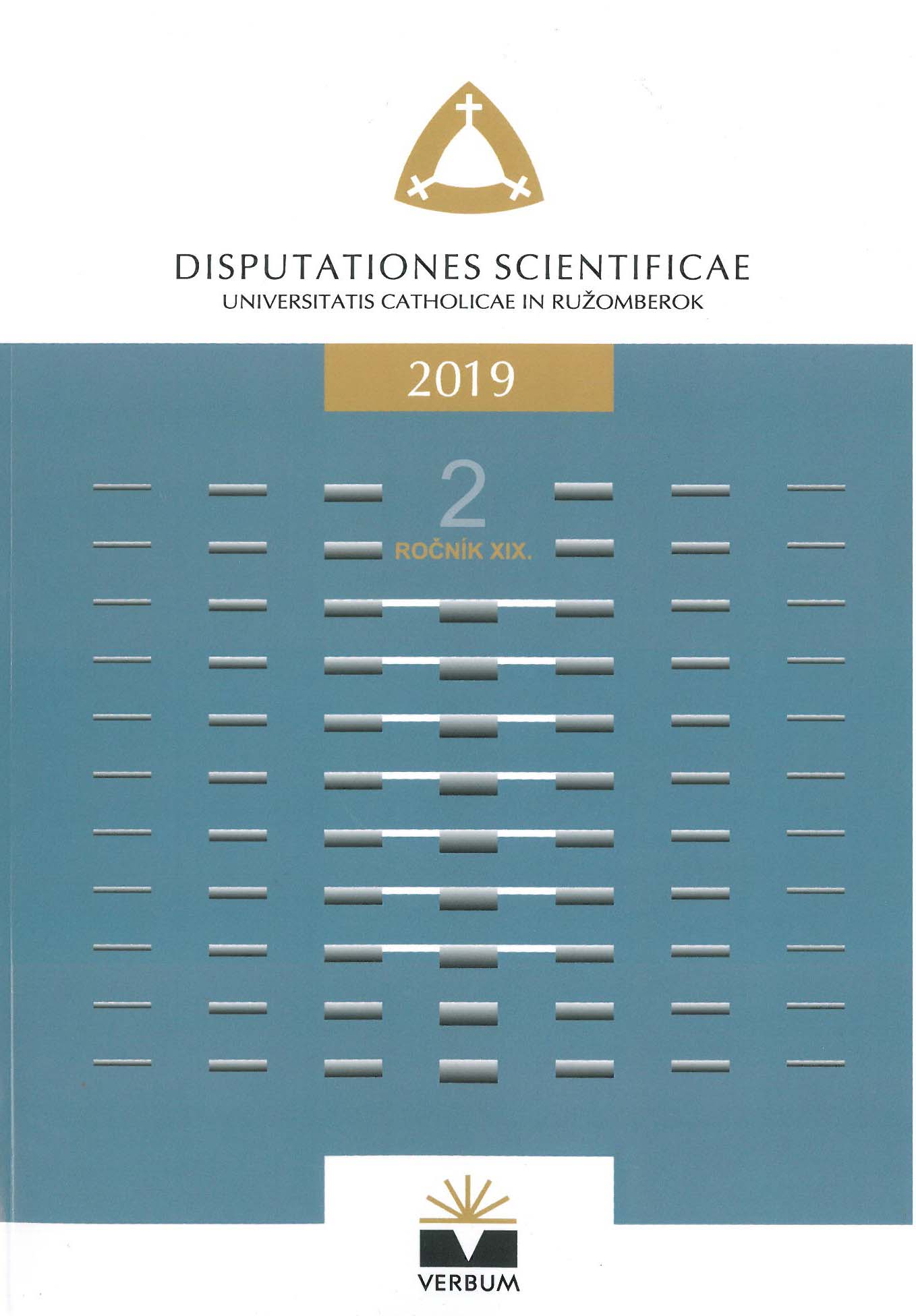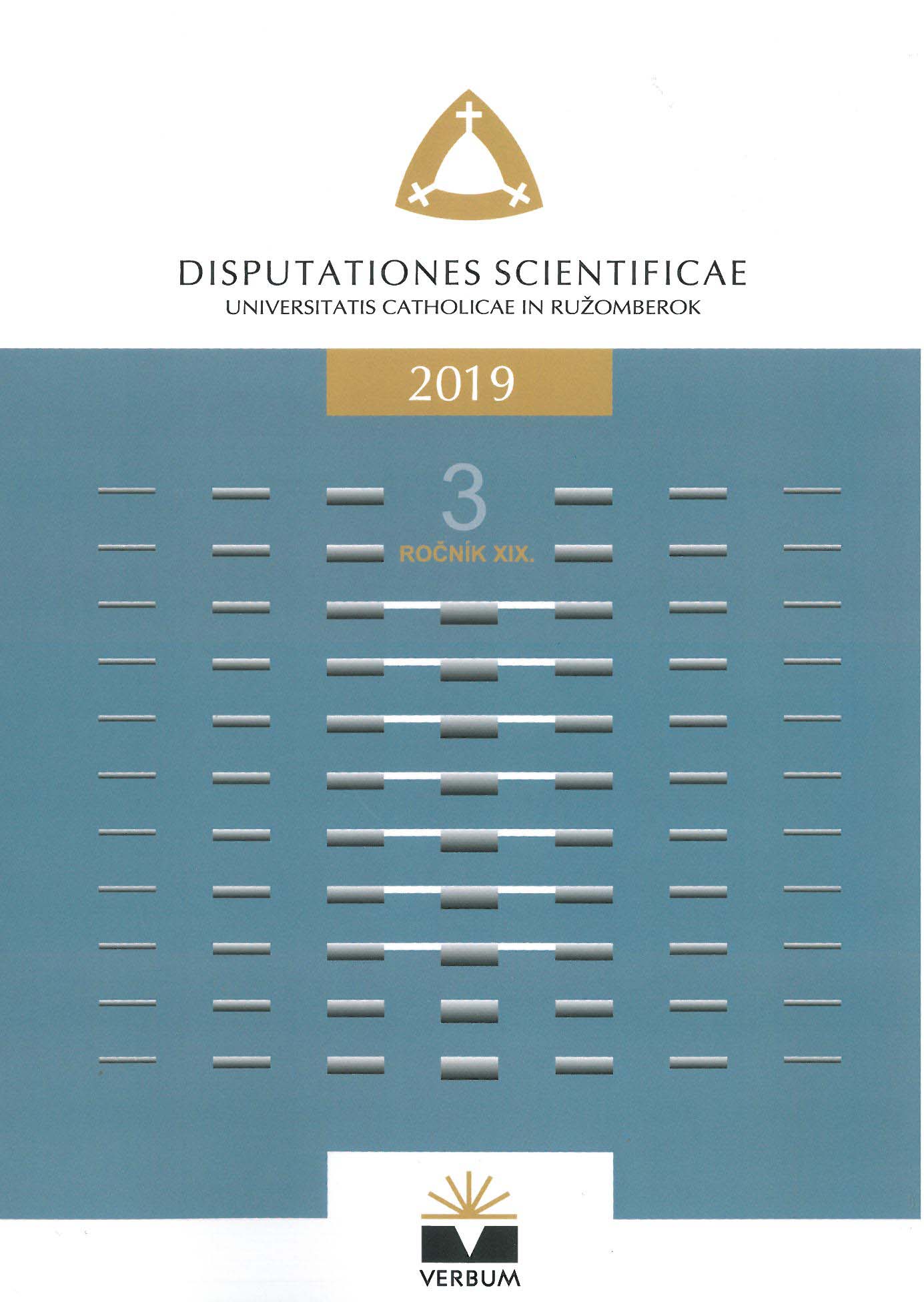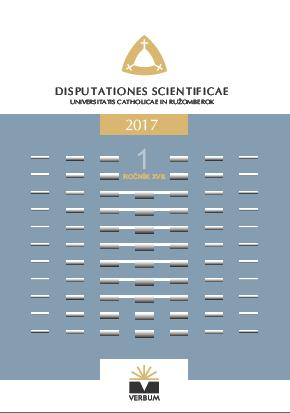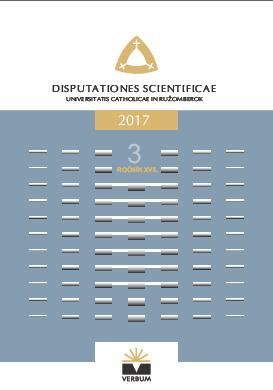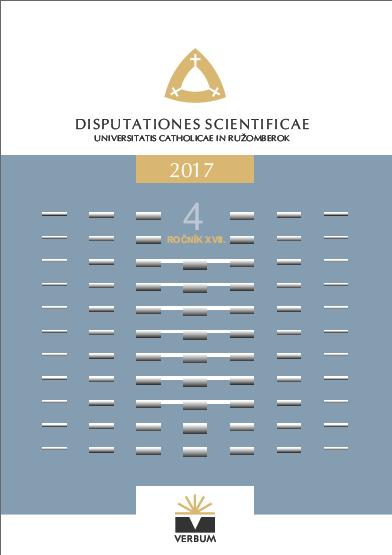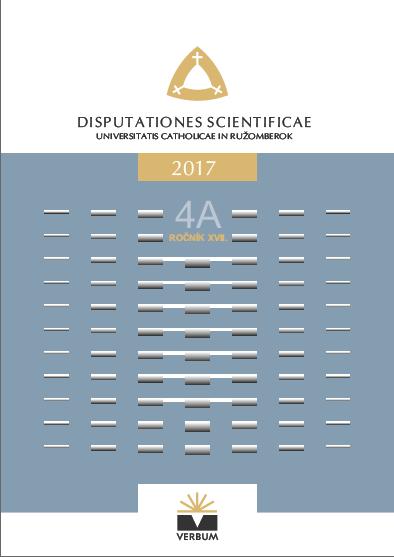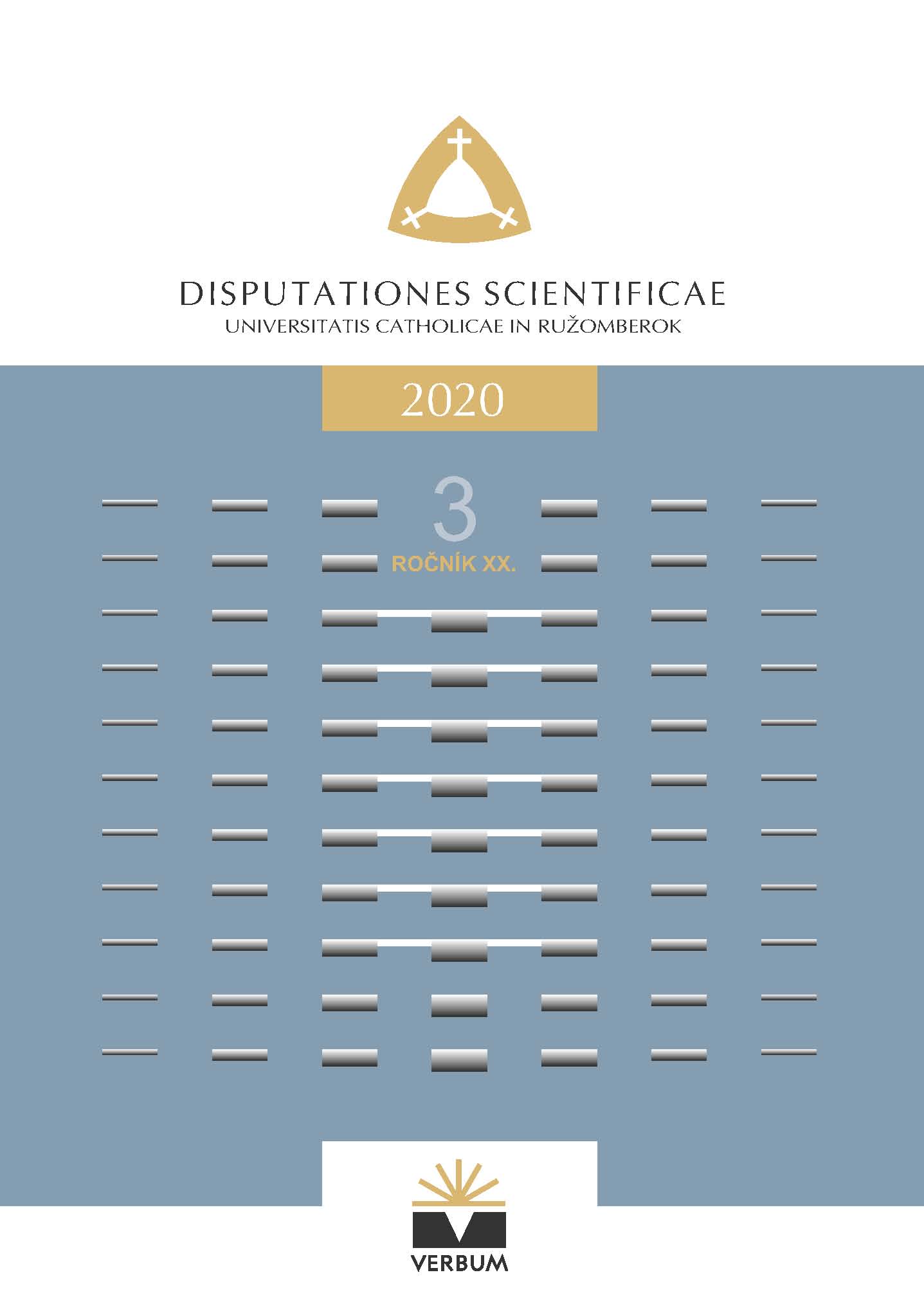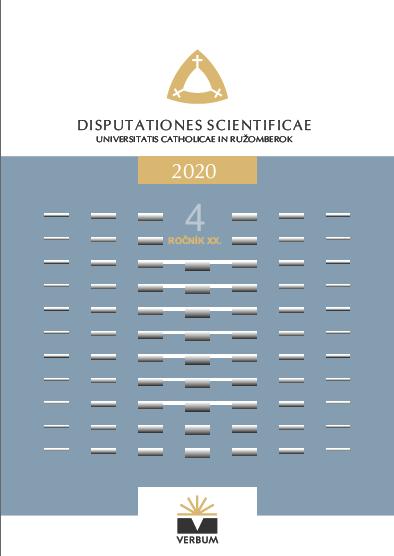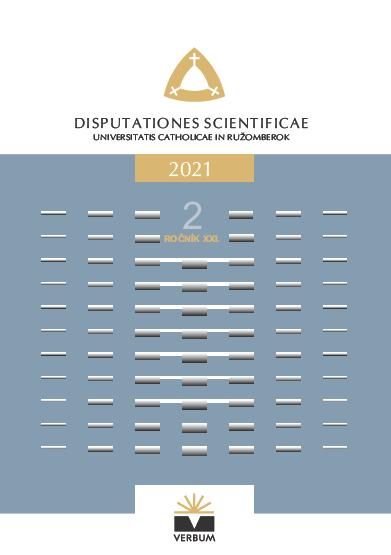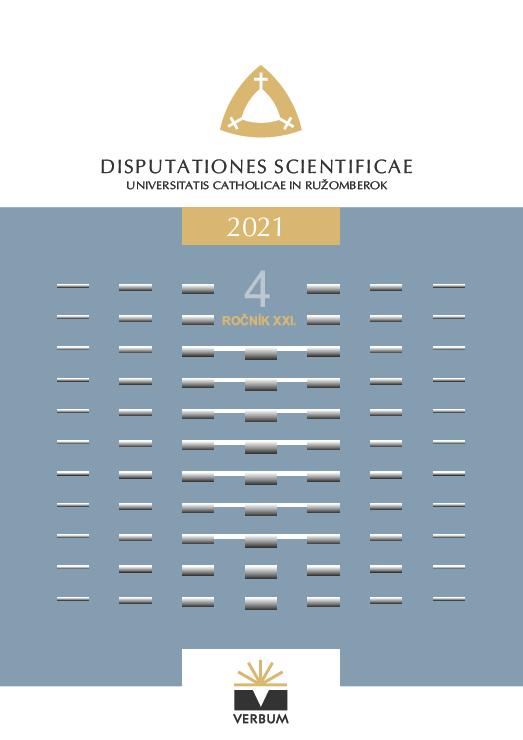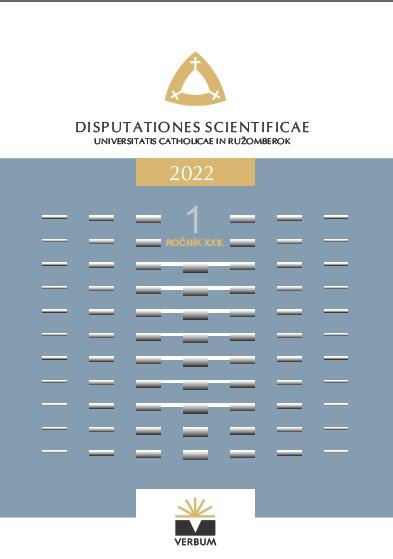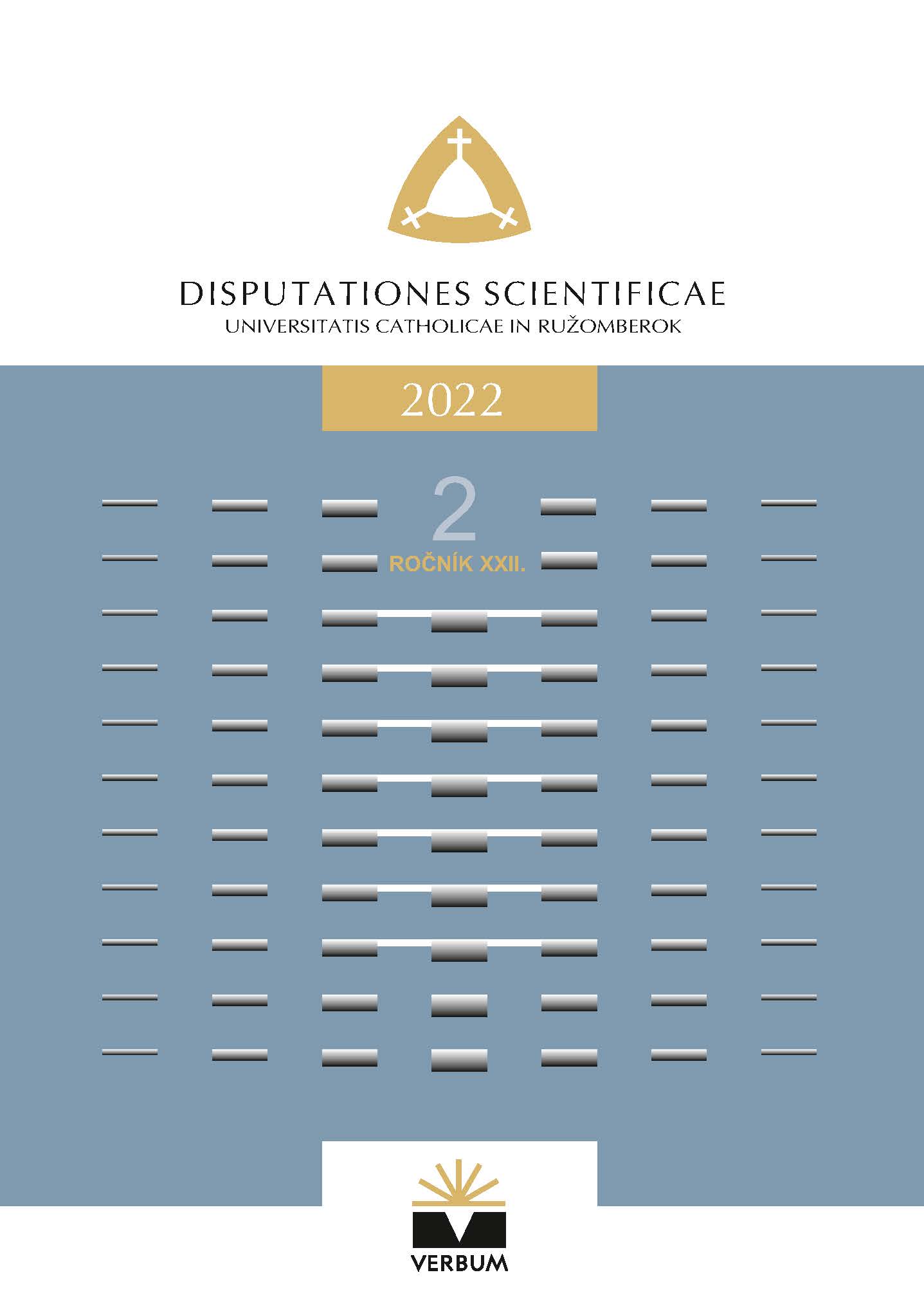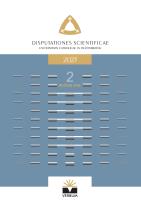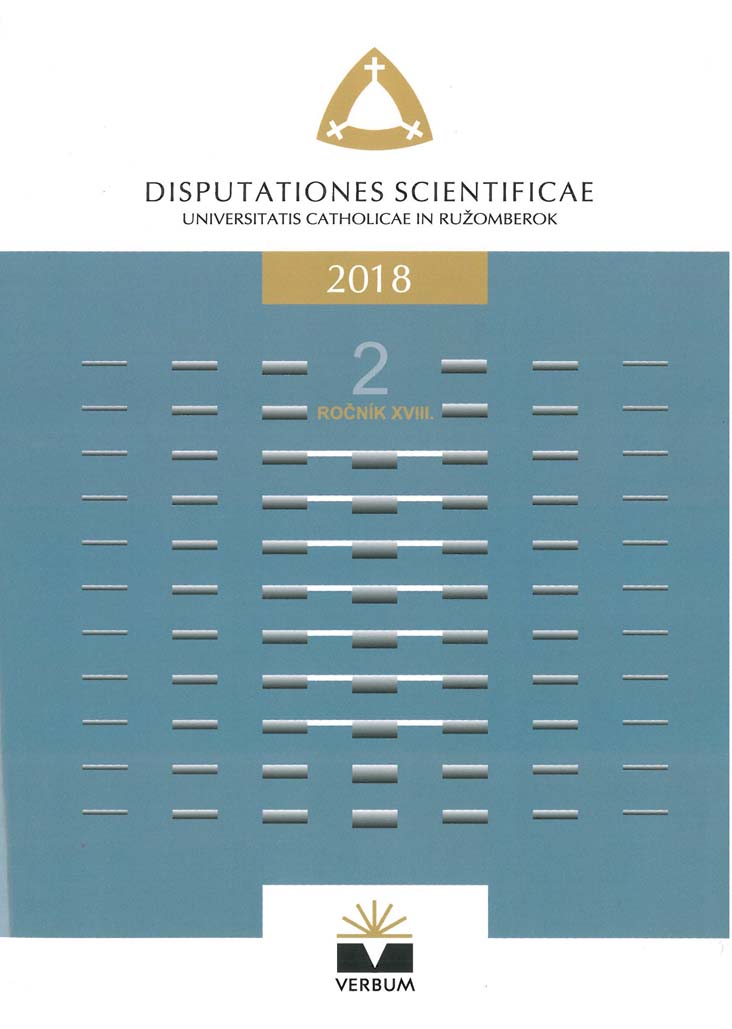
Indirect Prevention against Invasive Organisms by Early Awareness in Lower Secondary Education
Nepriama prevencia proti inváznym organizmom skorou informovanosťou v nižšom sekundárnom vzdelávaní
Keywords: Invasive species; Prevention; Aquatic ecosystems; Nature conservation
The level of knowledge about invasive species is related to personal engagement in problems associated to biological invasions. With regard to importance of this problematic, was the aim of this study to present primary information about invasive organisms to pupils of lower secondary education so that they could continue to acquire this information during the next years of elementary school and to deepen them. Moreover the most effective lay public perceptions of invasive species have to be put in a wider context of visions of nature conservation. Considering this approach, we have incorporated thematic this issue into part of the curriculum Community of organisms and ecosystems, and presented them in relation to relevant textbooks.
More...
